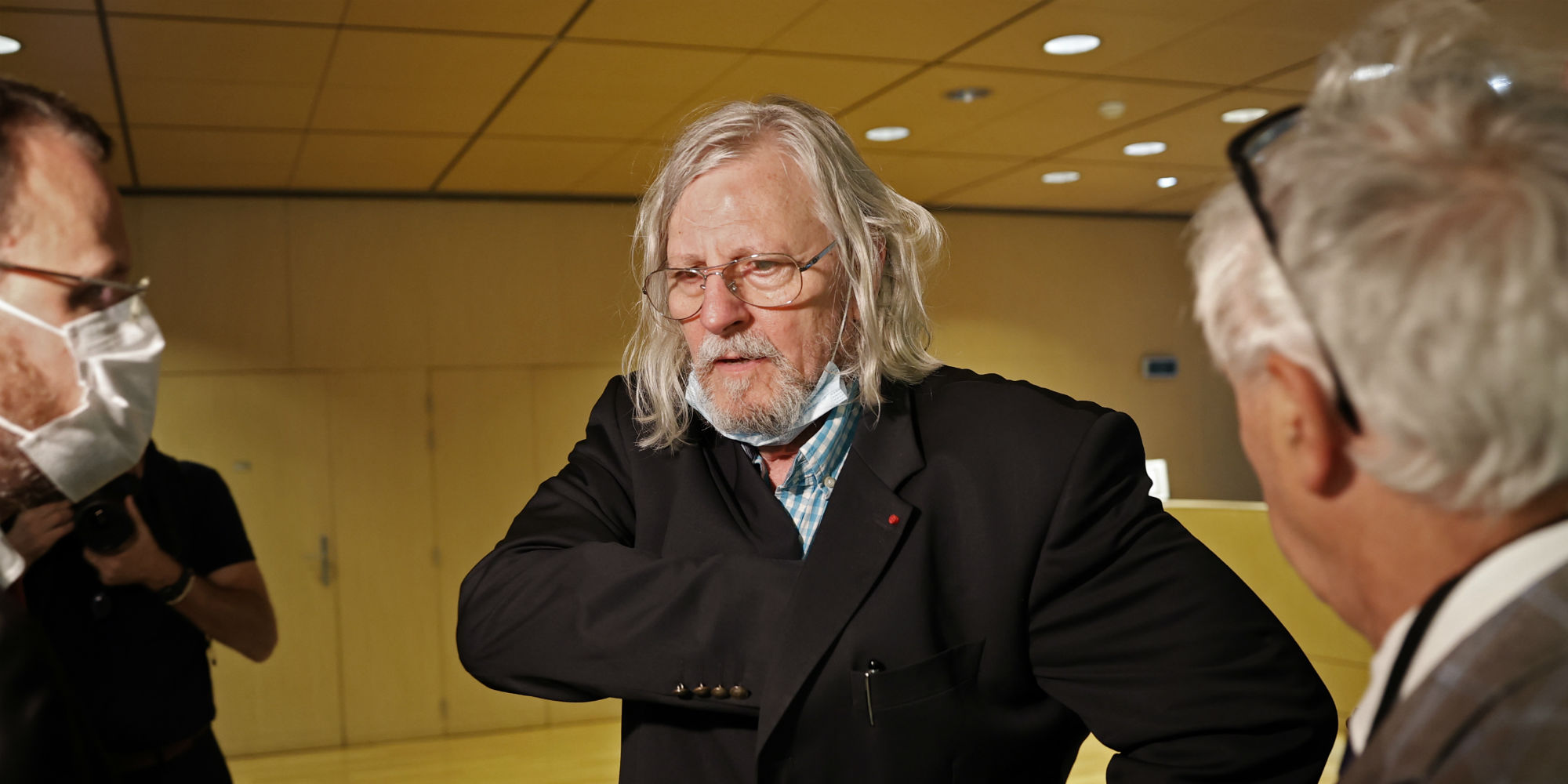DECRYPTION
It is a controversy that swells since the hearing of Didier Raoult against the deputies Wednesday afternoon. Faced with the National Assembly's Commission of Inquiry into the management of the Covid-19 health crisis, the professor repeatedly accused members of the Scientific Council of maintaining financial ties with pharmaceutical companies. Links that would have influenced the management of the coronavirus epidemic, pushing according to him the use of the drug remdesivir, from the Gilead laboratory, at the expense of the much cheaper hydroxychloroquine.
>> LIVE - Coronavirus: follow the evolution of the situation Friday June 26
Where does this controversy come from?
Heard by the parliamentary commission of inquiry, Didier Raoult did not hesitate to point the finger at certain members of the Scientific Council, whom he accused of conflict of interest. The infectious disease specialist also said he observed "an obsession with wanting to treat people with remdesivir".
"I'm not saying they were bought for that," he tempered, referring to "an ecosystem", "familiar relationships" "likely to change the judgment of things". He said he himself had been threatened by "the one who had received the most money from Gilead in six years", without naming him.
What treatments are we talking about?
Remdesivir is an antiviral manufactured by the pharmaceutical laboratory Gilead and used against Ebola hemorrhagic fever. Its efficacy against Covid-19 remains modest, but has been proven in a large clinical trial. The European Medicines Agency has recommended conditional marketing authorization for remdesivir.
This procedure makes it possible to sell for one year, by way of derogation, a treatment whose evaluation is not yet complete. The sale price has not yet been set and the European Commission has yet to approve this decision.
CORONAVIRUS ESSENTIALS
> Coronavirus in China: should we worry about the new situation?
> Schools, taxes, fight against racism… What you should remember from Emmanuel Macron's speech
> Coronavirus: 5 mistakes not to make with your mask
> Coronavirus: three initiatives that will disrupt our beach habits
> Between empty TGV and TER at a discount, SNCF is preparing for a bad summer
> Can we catch coronavirus on a plane?
On the side of chloroquine and its derivative hydroxychloroquine, anti-malarial drugs strongly defended by Didier Raoult, the results are not more encouraging. After the controversy surrounding the very critical study published in the journal The Lancet, which had led to the suspension of prescriptions and trials in several countries, other results were published.
In The New England Journal of Medicine, the authors note the neutral effects of administering treatment to patients infected with Covid-19. More recently, a study released online on Saturday but not yet published demonstrates the positive effects of hydroxychloroquine on patients' return home, but not on mortality.
The prescription of hydroxychloroquine in the treatment of Covid-19 for city doctors was prohibited during confinement, extended on 27 October to hospitals, except in the context of clinical trials.
What does the government say?
The accusations of partiality by the Scientific Council reacted strongly. Asked about Europe 1 this Friday, Olivier Véran denied having had a recommendation from the Scientific Council on the question of remdesivir. "The links between the pharmaceutical industry and doctors need to be reviewed even more," said the Minister of Health. But for all that, he adds immediately, "today you have a legal framework, with public declarations of interest, which have been signed by all the members of the Scientific Council and are by definition public". "I will not let science dirty this or that on the pretext that we want to make its arguments," added the politician.
In front of Commission deputies, infectious disease specialist Karine Lacombe also denied Professor Raoult's accusations. "I never had the feeling that there was one drug more advanced than another," she said.

